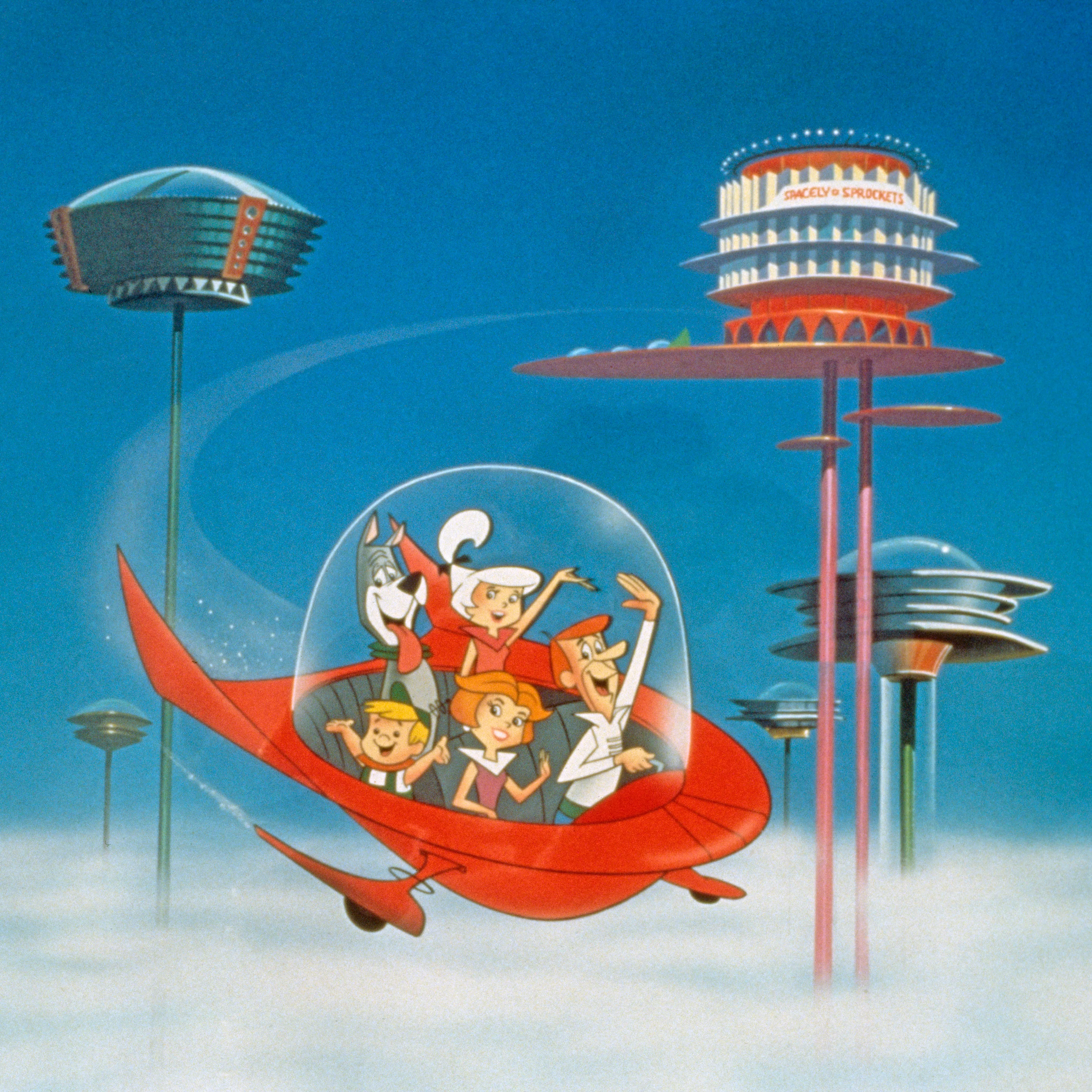I’m hoping one or more of the 2000+ billionaires in the world are reading this…
Because even the richest people in the world, all the current billionaires –even future trillionaires– cannot afford to maintain their current lifestyles, as they do here so nicely, except on the planet Mars.
Where do all the rich and famous people go on holidays? I’ll tell you were they all go. They go to the one place in the world that literally “exudes luxury”. And I’ll give you a hint: it’s not Monte Carlo (that’s for people that spend money).
1 – Bora Bora, in French Polynesia. They stay in overwater bungalows costing upwards of US$5,000 a night. That’s where they go. They take a few steps down a little ladder and snorkel right off from their little balconies. Isn’t that wonderful?
And call me strange, but all of those luxurious resorts encircling Bora Bora look absolutely nothing like… well, bloodywell anywhere on that dusty little shithole unfortunate sister planet of ours, Mars2. It’s a completely vacant, crappy, dry, dusty monotone brown little shithole. And I think we have to ask ourselves “why indeed is Mars so vacant?”
And it’s going to be a L O N G time before it even remotely starts resembling somewhere like any 5+ star resort on the “just-the-right-size-mother-bear-planet-Earth”. If there’s one thing I know rich people can’t stand, it’s being in a crap environment. That’s why they pay extra to wait in lounges at the airport. Or why they have to be located in a different section of the plane. Or a different plane altogether. Because to do otherwise would be depressing. And if humans can’t stand one thing, it’s “not being happy”.
Then let this serve as an advanced warning to you, future trillionaire: the rest of us just aren’t leaving Earth so that you can stay and enjoy it around here with all your lakes, rivers, oceans and surf beaches.
I for one am not living on Mars, either voluntarily or forcibly. No. And neither are my non-existent children. This mass exodus of people in the direction of “Earth to Mars” is just not going to happen. There’ll be the bloodiest revolution in the history of mankind before that happens.
Why? Because far from thinking “Mars is going to be ‘fun’ “, I think it would be even more boring than a long-term jail sentence.


